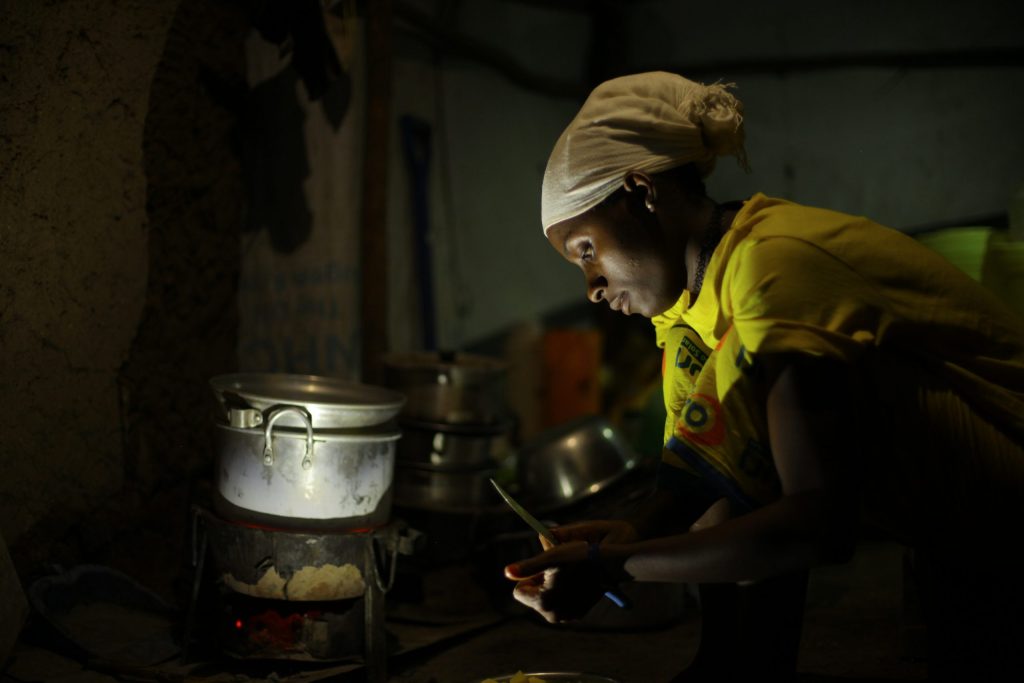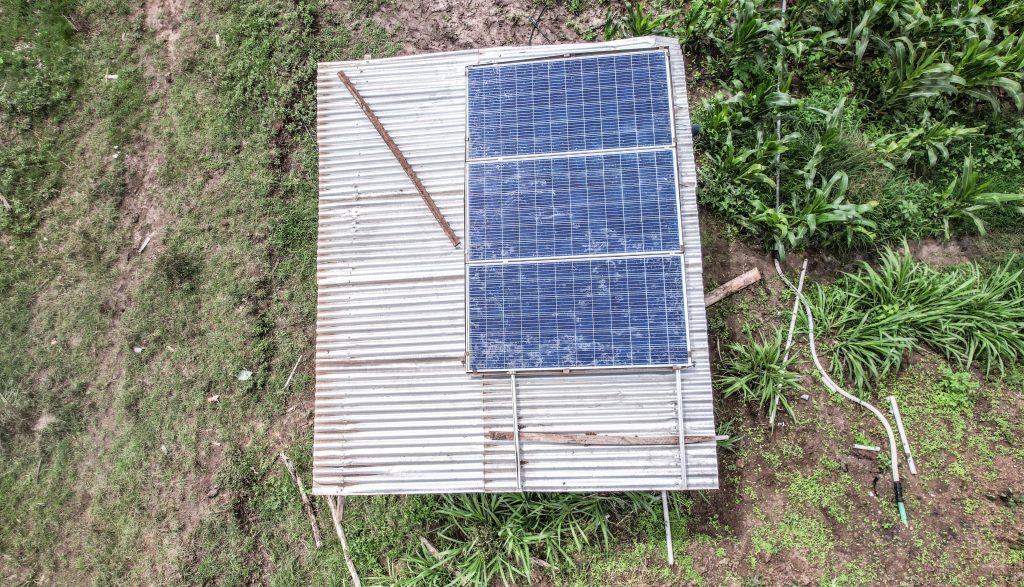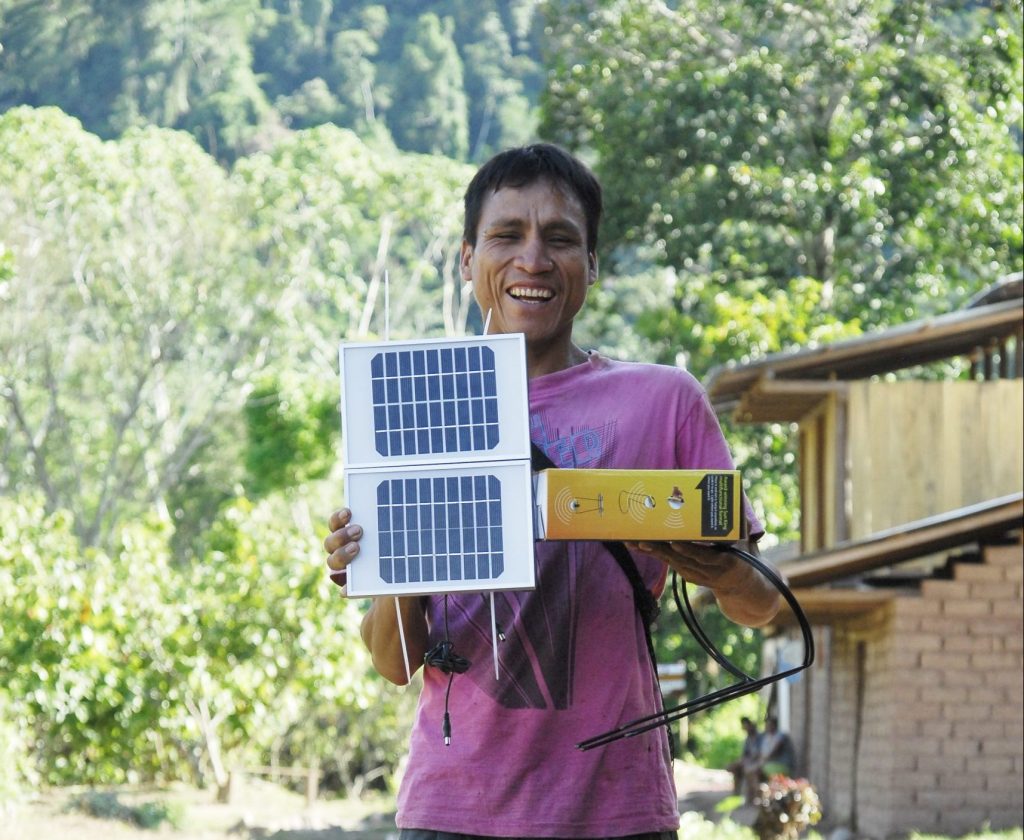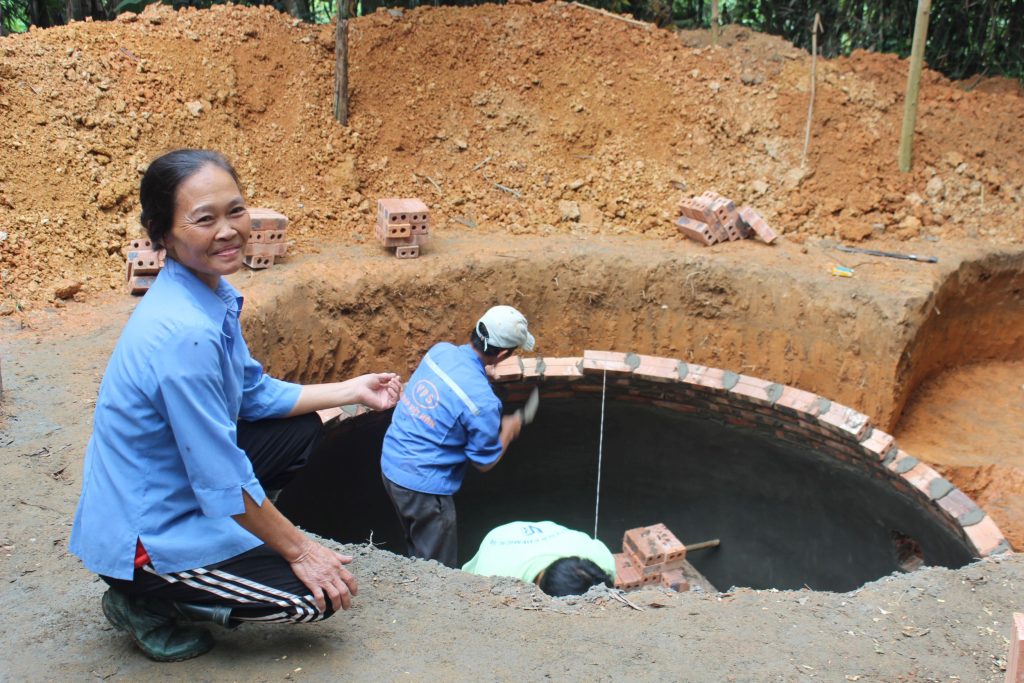EnDev now seeks to support access to electricity and improved cooking for more than 37.4 million people by 2026. As of December 2024, EnDev’s results stand at:
Sustainable access to modern energy has multiple positive effects on nearly all aspects of social and economic life, and even the environment. As a result of access to energy, impacts are evident across a broad range of socio-economic dimensions including poverty alleviation, health, gender, and income generation.
Monitoring & Evaluation
EnDev’s achievements speak for themselves. More than 31 million people now benefit, across social and economic dimensions, from access to modern energy. However, reported achievements require an equally powerful system for monitoring. A robust and reliable system for monitoring and evaluation delivers high quality data on energy access to individuals, institutions and enterprises, supported by macro-level data on markets, public health and climate mitigation. Reporting of results follows diligent and transparent monitoring methodologies, avoiding duplication.
But the numbers don’t stop there. Impact and sustainability studies provide information that link energy access, poverty alleviation, economic and social development, gender and the needs of vulnerable groups like refugees and displaced persons. Reports, strategies and further information about EnDev’s achievements can be found here.
EnDev’s state-of-the-art monitoring approach includes a comprehensive verification and validation system. Solid verification and validation of EnDev’s monitoring and reporting procedures safeguards reliability and traceability of reported outcomes and increases transparency and accountability.
-
1Documenting:
Data Collection
With the energy access finding its way to the target groups, diligent documentation of data starts. Each technology, product or service is captured (i.e. solar systems, cookstoves or mini-grid connections) and complemented with key data such as geographic location, target group and implementing partner. -
2Checking in:
Data Verification
As a first level of quality assurance, paper trail data sets are assessed for completeness, accuracy, and plausibility; phone and field verification ensure that the new or improved energy access exists, corresponds to the reported data sets and is being used by the beneficiaries. -
3Safeguarding:
Data Aggregation
All data sets from country projects are submitted to the centralized annual monitoring process and undergo a second-level assessment focussing on completeness and consistency. Only now data sets are fit to be accepted for global reporting. -
4Adjusting:
Data Analysis
EnDev stands for a robust and conservative monitoring approach. Global data undergoes a final step that takes into account three monitoring factors: attribution, additionality, and sustainability. This ensures that reported achievements can be directly linked to the activities implemented, would not have happened without EnDev’s support and are long-lasting.
Insights from EnDev’s Phased-Out Projects
Explore EnDev’s impactful journey in countries where projects have been phased out. In these countries, we worked on addressing the energy access gap by helping strengthen markets for various energy access technologies. Read our comprehensive evaluations to learn about the impact EnDev’s interventions had on sector development and to what extent local institutions are now equipped to make a sustainable contribution to the energy access market. These summaries showcase the outcomes of EnDev projects and provide lessons learnt in the programme’s efforts to provide affordable, reliable, and sustainable energy solutions. If you are interested in the full reports, please contact endev@giz.de.









